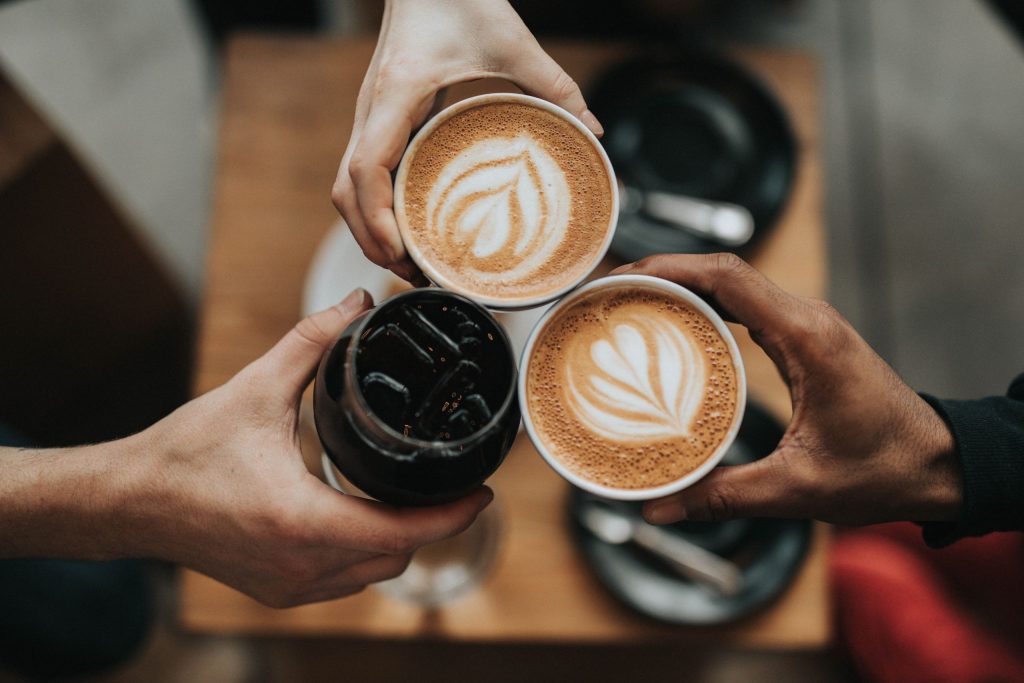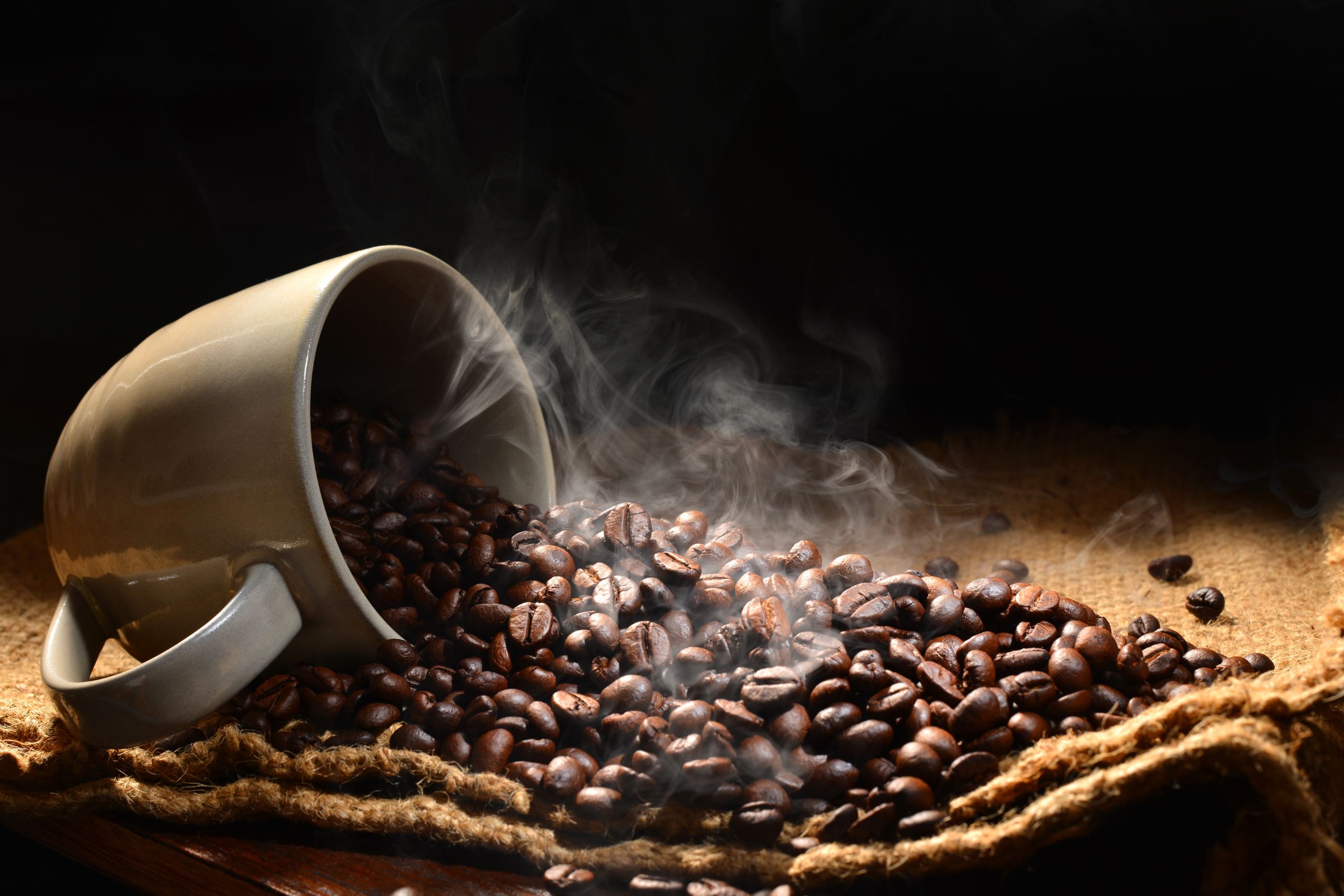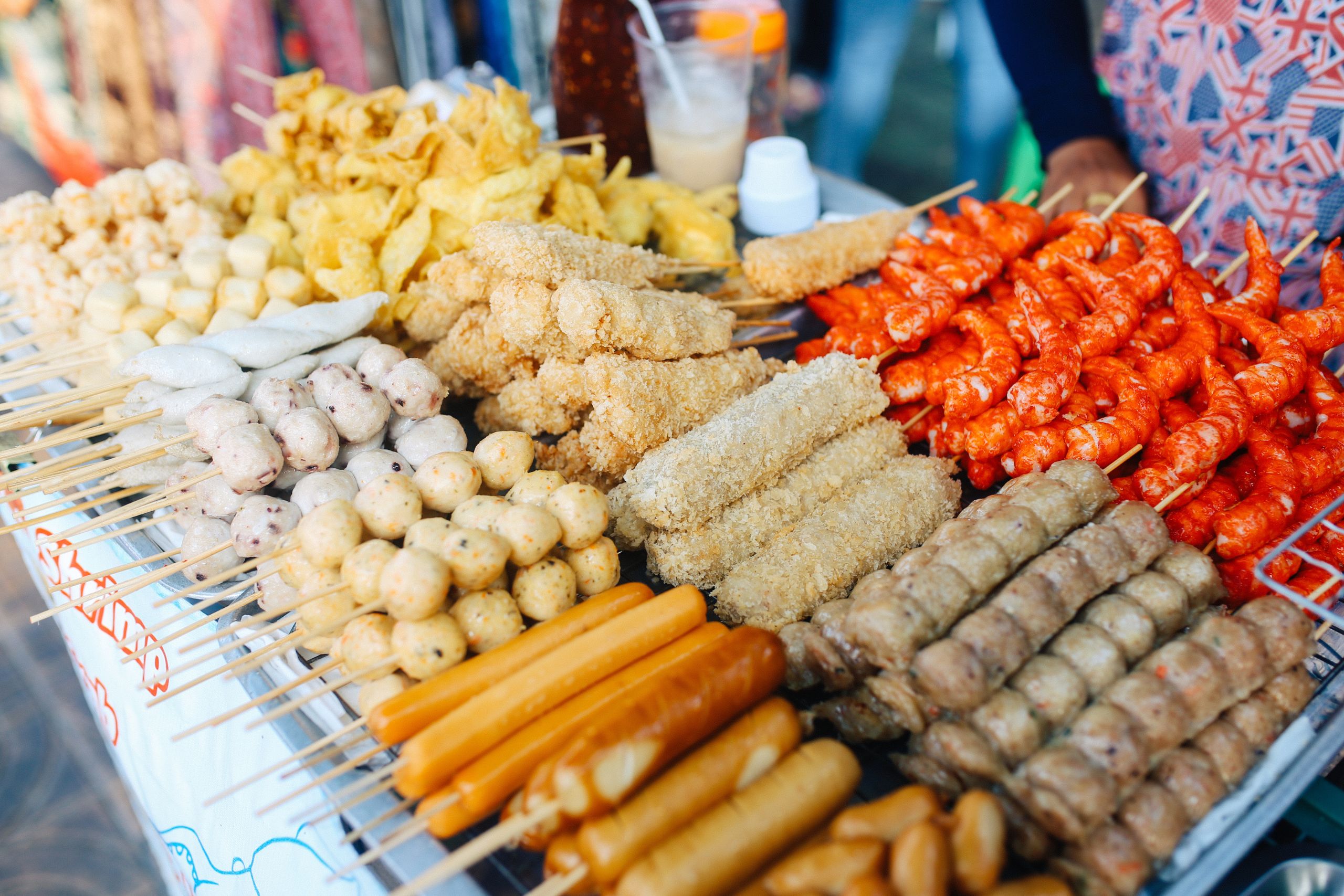Enjoyed by millions of people worldwide, coffee has a rich history spanning ages and countries. From its beginnings in prehistoric Ethiopia to its acceptance as a cultural pillar in nations like Italy and Brazil, coffee has evolved beyond simple drinking to become a social event. Many coffee techniques, each reflecting local preferences and traditions, are derived from ancient brewing techniques. Coffee culture changed remarkably as we entered the twenty-first century as specialized and gourmet coffee affected consumer tastes. Modern coffee trends of today show creativity, environmental awareness, and a significant respect of unusual taste traits. Emphasizing its cultural relevance in many other domains and the particular ways it still stimulates connection and innovation among aficionados all around, this research attempts to investigate the complex development of coffee culture.
Traditional Coffee Practices Around the World
Coffee is not just a drink; it’s a cultural interaction with distinct customs varying nation by nation. Ethiopia is where coffee first started, hence the coffee ceremony is a beautiful ritual emphasizing the tremendous value of coffee in social life. It calls for hand grinding, roasting green beans over an open flame, and cooking them in a special pot called a “jebena.” Usually mixed with storytelling and bonding, this ritual turns coffee brewing into an honoring of community and connection.
Turkey’s coffee shows hospitality somewhat differently. Made mostly in a small pot called a “cezve,” the Turkish coffee is finely ground. Usually offered with sugar, the custom reflects warmth and elegance in the presentation as well. The grounds left at the bottom of the cup even enable fortune-telling, therefore adding a wonderful, magical component to the experience. Coffee culture is flourishing in Italy meantime, around espresso, which forms the basis for several beverages like macchiato and cappuccino. Italians have developed their ability and made coffee breaks treasured events for mingling and leisure.
Rich coffee traditions abound in Brazil, one of the world’s biggest producers of the beverage. Coffee is filtered in Brazilian brewing customs using a cloth or paper filter under a technique often referred to as “café coade.” This approach not only enhances Brazil’s unique coffee flavors but also draws friends and family together around a shared pot, therefore boosting the social aspect of coffee drinking. Rich in history, coffee is revered in every one of these countries and loaded with ceremonies designed to bind people rather than just drunk.

The Rise of Specialty Coffee and Modern Trends
The move to specialty coffee has changed our enjoyment of our regular brews. Many consumers are increasingly looking for premium, single-origin beans that tell a narrative rather than any old cup of coffee. These beans originate from certain areas noted for their distinctive tastes, which lets coffee drinkers investigate many taste sensations reflecting the local soil and temperature. By ensuring careful treatment of the beans, artisanal roasting techniques help to highlight their greatest features and create every drink an experience. Pour-over and French press techniques have become well-known as they provide one more control over brewing, thereby producing a more aromatic cup of coffee.
In this push on specialty coffee, cafés have been very vital. They are community centers where coffee drinkers may meet, learn, and share their love, not just somewhere to get a hit of caffeine. Many cafés provide tastings and courses to let patrons increase their respect of fine coffee. This coffee culture has exploded in metropolitan settings, producing energetic venues where people meet over their passion of drink. Every well made cup transforms the experience into an honoring celebration of taste, workmanship, and community.
Impact of Technology and Innovation on Coffee Culture
Thanks to technological advancements, everyone’s convenience and pleasure of coffee has grown as the experience has been fundamentally altered. One amazing example of this development are clever coffee makers. These devices let you pick the strength, temperature, even from a choice of international coffee recipes, thus personalizing your brew only with a few taps on your smartphone. This means you can make a strong espresso or a creamy latte right in your house without going to a café, regardless of your taste. Programmable features and built-in grinders also let you to have the freshest cup available at any moment of day.
Also changing our purchase of coffee is app-based ordering. You save time by ordering your preferred drink from a nearby café with only a few clicks on your phone, therefore bypassing the queue. For those hectic mornings when every minute counts, its simplicity is particularly enticing. Moreover, the prevalence of instant coffee has enabled consumers simpler to have a superb cup free from intricacy. Attractive to consumers who seek quick and decent choices, modern instant coffee blends may preserve much of the taste and scent of freshly made coffee. These technological developments are generally making coffee more accessible and fun for everyone, transforming a basic beverage into a wonderful experience appropriate for our hectic life.
Coffee as a Social Connector in Modern Times
Coffee culture has developed into a dynamic social event drawing people in many different ways. Coffee has a special way of fostering connection from the little coffee shops in Ethiopia where the traditional coffee ritual is a beloved gathering to the busy espresso bars in Italy where residents rapidly drink their shots while engaged in vibrant discussion. Coffee shops have become meeting spot for friends, students, and businesses in regions like the United States where these environments inspire creativity and belonging, therefore turning every cup of coffee into a shared experience.
Global coffee companies like Starbucks have highlighted this social element even more by generating a familiar environment that spans cultural boundaries. Many have considered these coffee shops their second home, where people from all walks of life meet to unwind or catch up with their welcoming atmosphere and different cuisines. Whether you enjoy a latte in a bustling city or cappuccino in a serene corner, coffee is much more than just a beverage; it’s a link that links all people together.

Conclusion
From its modest beginnings in Ethiopia, when a goat herder called Kaldi first discovered its stimulating powers, coffee has evolved into a worldwide cultural phenomenon entwined with regional customs and lifestyles. Coffeehouses become more important hubs for social interaction, intellectual debate, and cross-cultural exchange as they sprung up across the Arabian Peninsula and into Europe The emergence of gourmet coffee in the twenty-first century has transformed coffee culture even further as specialized companies provide distinctive, high-quality brews adapted to different preferences. This development helps us to appreciate not only the rich history and variety of coffee but also the contemporary tendencies still influencing our everyday life and social relations around this dear drink.


